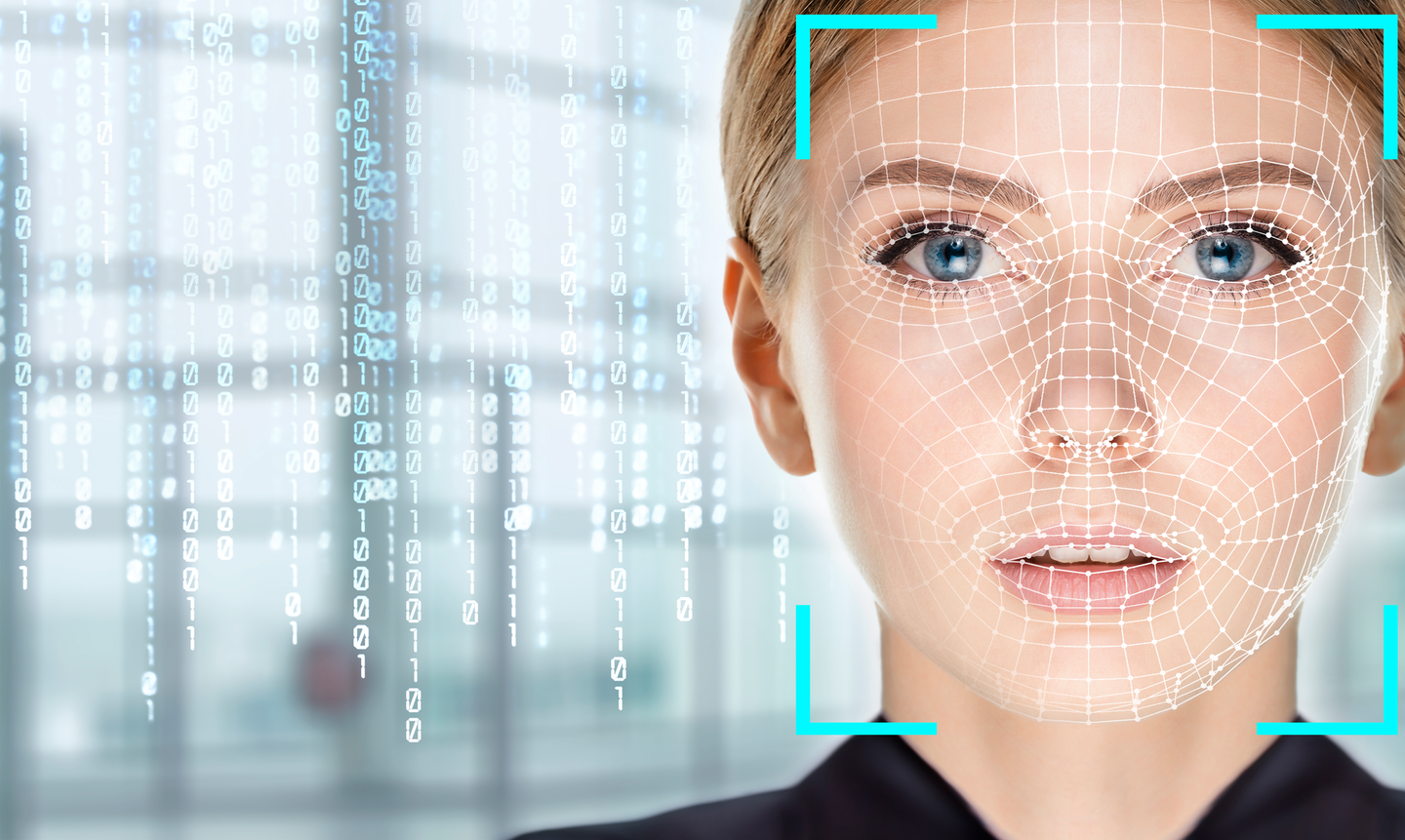Experts say touchless modalities will likely grow while fingerprint, other touch-based solutions will see their use decline
As lockdowns across the nation begin to lift and people start to return to some semblance of their routine daily lives in the wake of the coronavirus pandemic, nearly everyone agrees that the so-called “new normal” will look much different for businesses of all shapes and sizes. Security technology will also undoubtedly figure prominently among the solutions leveraged by organizations as they look to mitigate the spread of COVID-19.
While thermal imaging and contact tracing technologies have garnered much of the attention in the early days of what has been a gradual reopening of the economy in some states, these solutions are but one part of what portends to be a fundamental shift in how companies think about and use security systems. Access control, which has always been the first and foremost consideration in any security environment, is also going to be significantly impacted by the lasting effects of the pandemic. This includes biometric entry devices, the adoption of which could be simultaneously helped and harmed over coronavirus concerns.
“There is a realization that things may not return to what they used to be and we may be in for designing and defining a new norm,” says Shiraz Kapadia, CEO and President of Invixium, a maker of multi-modal biometric access control solutions.
However, according to Kapadia, the original drivers behind the adoption of biometrics, which was to replace traditional access control methodologies in favor of something (faces, fingerprints, etc.) that cannot be forgotten or stolen remain the same and will continue to advance their use in a wide variety of industries. “That aspect of biometrics is not going to change and, if anything, may even fast track adoption,” he says.
Even before the pandemic, Mohammed Murad, Vice President of Global Sales and Business Development at Iris ID, a provider of iris recognition solutions, says that much of the market was already clamoring for contactless biometrics and that this will only serve to further increase that demand. (read more)

